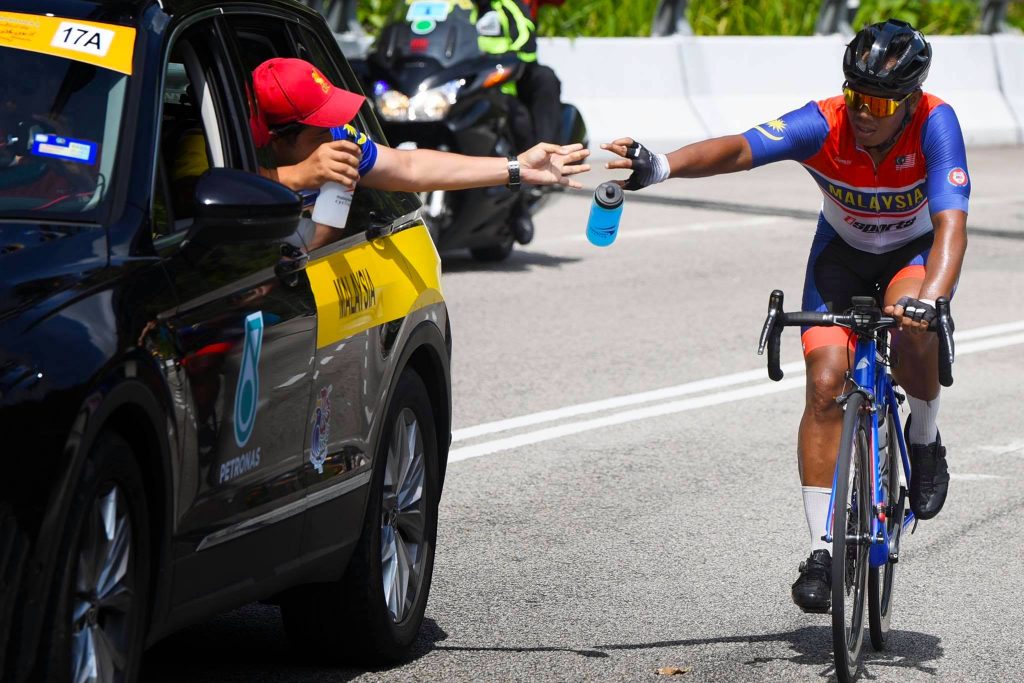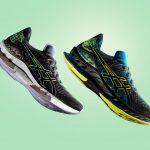Hydration is extremely vital when it comes to exercising. You can easily be drained of all energy in as short as 30 minutes. Keeping hydrated is an absolute necessity if you want to optimize your training, performance, and recovery properly.
In spite of the importance of proper hydration, you need to know when you should consume electrolyte drinks and when plain water will just suffice. Any time you perspire excessively, you also lose more electrolytes, especially sodium.
Drinking only plain water during a long race, in hot weather can lead to a dangerous condition called hyponatremia, where blood sodium levels drop too low. Not only does extreme heat cause the body’s temperature to rise, but humidity also prevents sweat from evaporating.
When that happens, electrolyte drinks come into play.
What are electrolytes?
Aside from carbohydrates, the electrolyte is also one of the important fuels that let you train longer and stronger. Electrolytes like calcium, sodium, potassium, and magnesium are usually lost through sweat and need to be replaced.
Electrolytes are minerals found in your blood that help regulate and control the balance of fluids in the body. These minerals play a role in regulating blood pressure, muscle contraction and keep your system functioning properly.
Typically, the electrolytes found in electrolyte beverages are calcium, sodium, magnesium, potassium, phosphate, chloride, and bicarbonate. The right amount of electrolytes in your body is needed for optimal health and physical performance.
The importance of electrolytes
Electrolytes carry electrical charges that are responsible for stimulating muscles and nerves. Electrolytes can give you a needed energy boost during your physical activity. Not only they will provide carbohydrates for energy plus minerals to replace lost electrolytes in your sweat, but also increase the glucose circulating in your blood.
Sodium and potassium play a critical role in regulating your body’s water balance during exercises while helping to keep body fluids balanced. The levels of electrolytes, apart from regulating fluids throughout your body, also affect cellular function, blood volume, and blood pressure.
It is incredibly important to ensure you stay hydrated during your workout sessions. The body produces warning signs beyond feeling thirsty when electrolyte levels drop. Fatigue, muscle cramps, nausea, and headaches can all point to either dehydration or mild hyponatremia, both of which warrant increased electrolyte intake.
For shorter workouts, you only need to take on plain water to remain hydrated. However, when you train up to 90 minutes, especially when you are performing high-intensity workouts and sweating immensely, you should switch to sports drinks or gels which not only contain carbohydrates but also electrolytes. Taking in electrolytes will allow you to get all the way to the finish line without hitting the wall.
5 natural beverages to replenish electrolytes
Next time, when you’re in need of an electrolyte boost but have yet to carry any electrolyte drink with you, try these 5 beverages that can easily be obtained from the nearest marts or supermarkets, that help replenish your lost electrolytes.
1. Beet juice – Beet is a powerhouse of vitamins, minerals, and compounds, a good source of sodium in balance with potassium, and contains the elusive betaine. It is also beneficial for your hydration, by helping regulate fluid levels and balance electrolytes. Potassium also helps nerves and muscles function properly, to prevent fatigue, weakness, and muscle cramps.
2. Banana smoothie – Banana has long been a favorite source of energy for endurance and recreational athletes. The magic fruit is a rich source of sodium, potassium, protein, calcium, tyrosine, vitamin A, B, C, and E, magnesium, iron, zinc, and other nutrients, and is easy for runners to carry. Not only banana helps optimizes athletic performance, but also regulates the water levels in the body and prevents cramps.
3. Coconut water – Coconut water is nature’s version of a sports drink. It contains five main electrolytes – potassium, magnesium, calcium, phosphorus, and sodium. Like a sports drink, coconut water also contains sugar that keeps you hydrated and helps replenish electrolytes after a run. However, it does not give you the same amount of electrolytes as most sports drinks, and might not give you enough energy for a long distance run.
4. Watermelon juice – Watermelon is rich in vitamin A, vitamin C, and electrolytes. The juice also boasts a more moderate amount of potassium, dietary fiber, calcium, iron, and protein. Moreover, watermelon juice contains antioxidants and active ingredients, such as lycopene, beta-carotene, amino acids, and flavonoids. What a surprisingly dense nutrient profile!
5. Avocado smoothie – When someone recommends to you that you increase your potassium, your first thought is probably to go and grab a banana, right? Avocado is loaded with potassium and magnesium, two of the key electrolytes you need to replenish after a vigorous sweat session. Did you know? An avocado can contain approximately 975mg of potassium, that’s double that of a banana.




